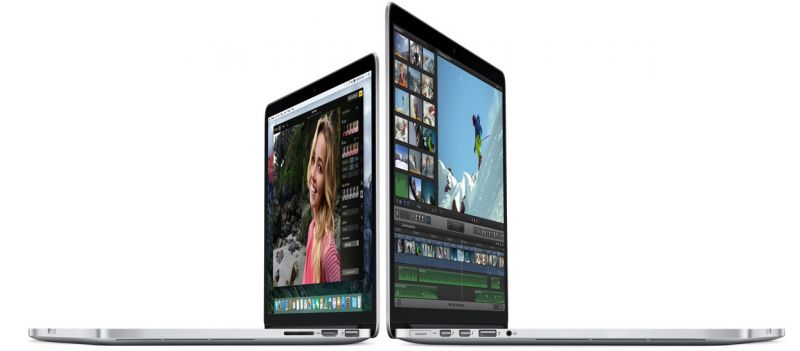MacBook Pro 2016 release date, specs news: Apple to launch device by the end of the month

While Apple has not officially announced the release of its MacBook Pro 2016, its millions of fans may not have to wait too long. Rumors say that it will be on the last week of this month, given its practice of releasing its MacBooks at around this time. A date is even floated like it's a certified announcement — Oct. 24, a Monday.
With the MacBook Pro, fans will have other choices. A 13-inch MacBook Air and a new iMac will reportedly be on display at the same event. At present, MacBook Pro has two sizes available: a 13-inch model which was updated in March 2015 and a 15-inch model updated in May that same year.
One thing seems certain though: the MacBook will come armed with new features designed to boost its functionality. One function, for instance, is the organic light-emitting diode (OLED) touchscreen which could replace the function case. A touch ID sensor will unlock the operating system only with the fingerprint of the Mac's owner. No more passwords or swipes.
Rumors also say the Mac Pro is considering a slight redesign. The MacBook has endured the years with original design intact, and despite this, fans did not demand changes to its looks. For several years, it has featured an aluminum body and black back-lit keyboard. Each update simply offered newer and better components to improve its power.
The new MacBook Pro would be Apple's first update to the computer since May 2015. Rumors say the new MacBook will only be thinner but more powerful. This would be Apple's 10th anniversary edition as its first MacBook Pro was released on Jan. 10, 2006.
Finally, the new MacBook will use more powerful graphics cards for video gamers and professionals who need lots of power. Designers are opting for the so-called "Polaris" graphics chip from Advanced Micro Devices (AMD), which are said to be more efficient in a slimmer package. The AMD's Polaris 11 architecture will considerably improve the machine's performance compared to the company's previous chips.





